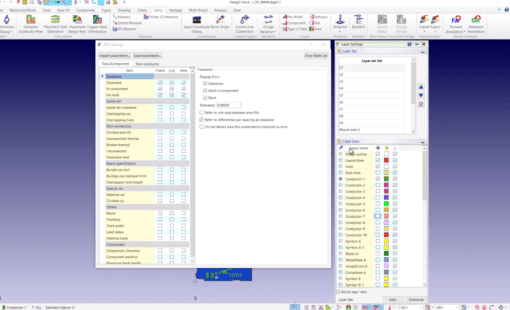Whenever I visit an organization engaged in systems engineering, the #1 challenge is always the same. Large or small, seasoned or new, government or commercial, the complaint is always the shortage of good systems engineers. The common refrain is “we don’t have enough, and many of the ones we have are retiring.” As organizations embrace model-based systems engineering, the problem worsens with a limited pool of model-based talent in high demand around the globe. As a profession, how do we better develop the next generation of systems engineers? Surprisingly enough, the answer lies in MBSE—but not in the way most people think.
Read the full post, originally published on the Vitech blog.

Related Products & Resources

- Products
The Digital Thread is a foundational element of a successful Digital Engineering implementation. Digital conversations involving procurement, design, manufacturing and field service replace email and paper documents. Decisions and rationale are captured and provide traceability.

- Products
Digital Engineering requires a model-based design process that begins in Systems Engineering. Zuken acquired Vitech Corporation, a leader in Systems Engineering practices and MBSE solutions, with the intent of implementing an E/E model-based design process.

- White Paper
The primer addresses the basic concepts of model-based systems engineering. It covers the Model, Language, Behavior, Process, Architecture, and Verification and Validation. It is a call to the consideration of the foundational principles behind those concepts.

- Products
Digital Engineering requires a model-based design process that begins in Systems Engineering. Zuken acquired Vitech Corporation, a leader in Systems Engineering practices and MBSE solutions, with the intent of implementing an E/E model-based design process.





